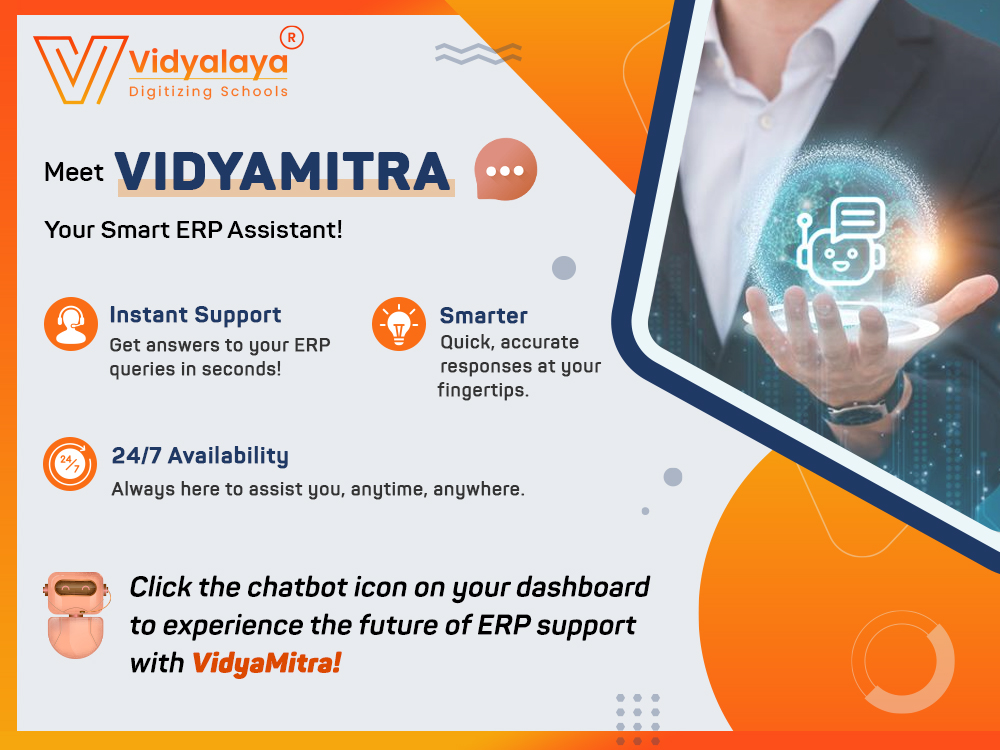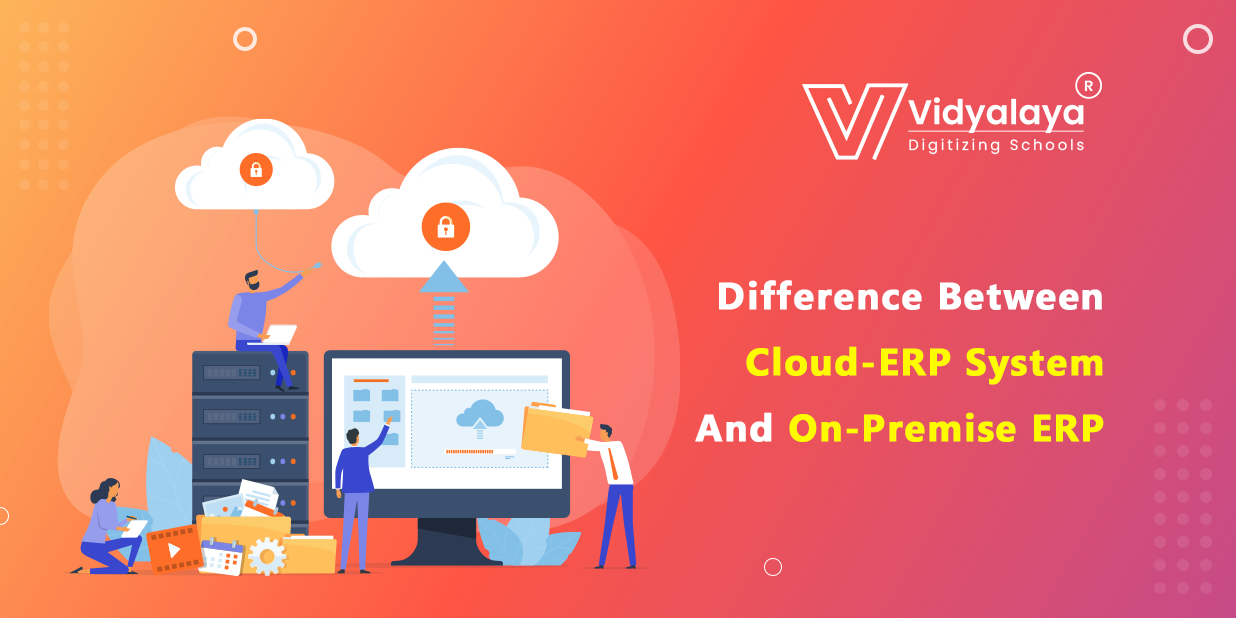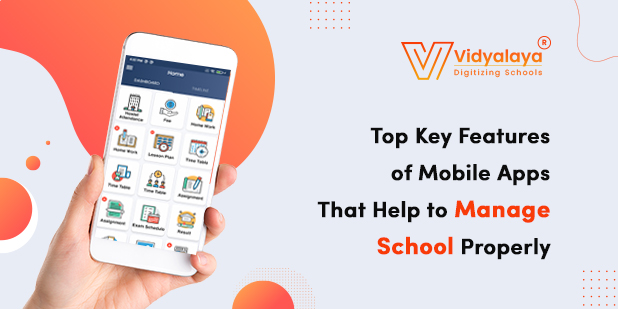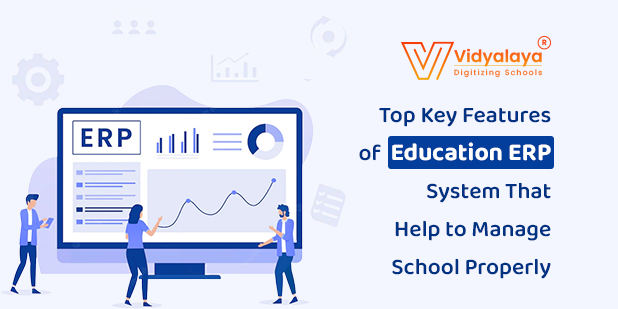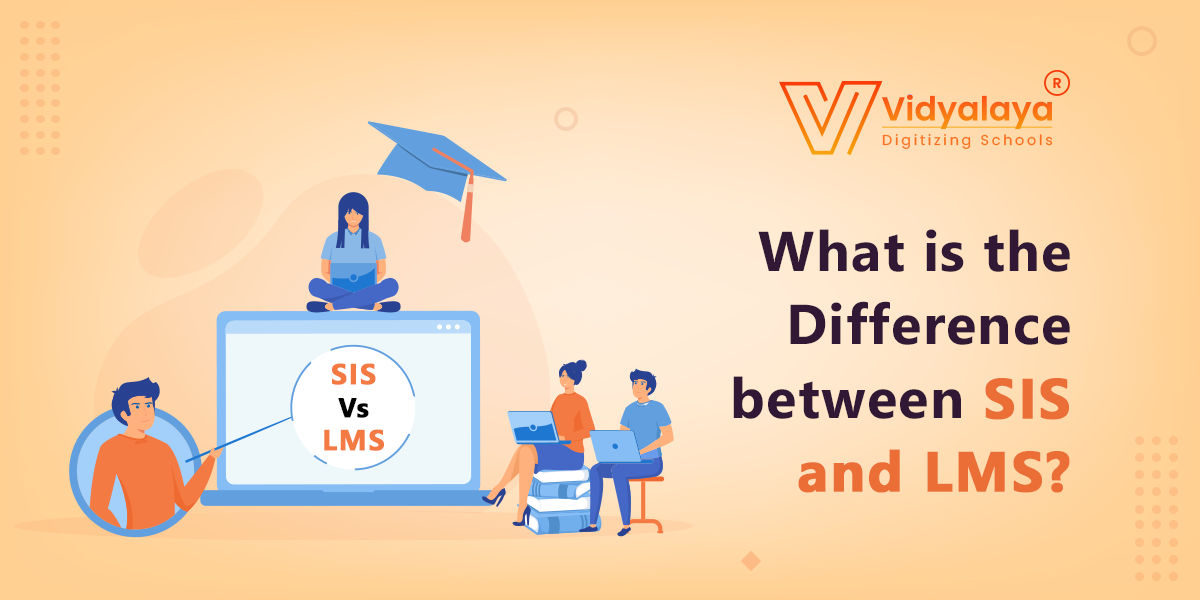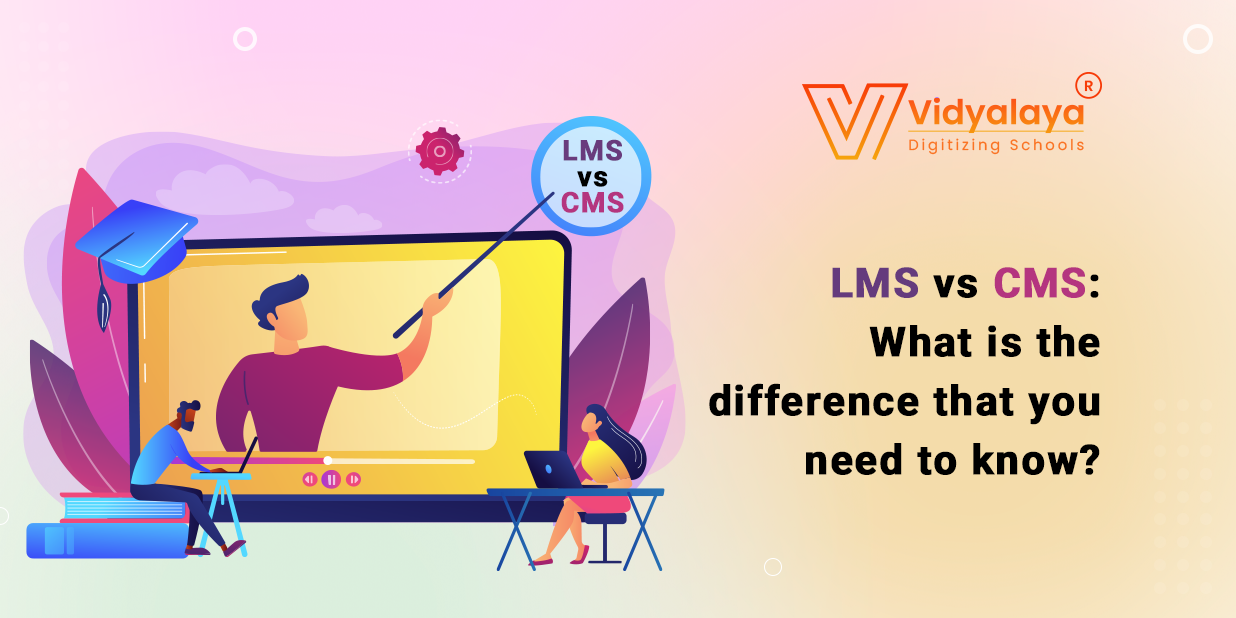Use of the School ERP system in the education sector has not remained a newbie. Rather, the concept is well-fostered and now giving desired outcomes to the entire sector. But technology keeps on updating and new inventions become the features of the ERP software. The main issue with the ERP system was data storage and its privacy. To address this issue, software companies worked hard and came up with innovative solutions for cloud technology. This emerging technology has become a backbone for successful businesses to gain a competitive edge. Before this, organizations were dependent on on-premise IT systems, which is also a good option. If you also fall in on-premise generation and are now in a dilemma as to whether to go with the new flow or stick to the old one, then clear your doubts with this article.
What are Cloud ERP and On-premise ERP?
A Cloud ERP system runs on a vendor’s cloud platform and provides easy accessibility via the Internet. This subscription-based platform offers freedom of access through any device connected to the internet. Also, the data gets stored in the cloud and hosted on the vendor’s servers.
The on-premise ERP is installed locally on the institute’s server and hardware. Also, the maintenance and updates, and safety practices are handled by the institute itself. The data is stored and hosted on the institute’s own hardware and on their own premises.
How does Cloud ERP system score better than On-Premise ERP?
Cloud ERP system envelops several advanced features and thus is apt for organizations of wide categories. Let’s learn how a cloud ERP system is better than an on-premise ERP system:
1. Reduced Cost:
On-premise ERP needs higher investment costs of hardware, management, and maintenance of the system. This also includes additional investment for dedicated staff for maintenance and handling of IT infrastructure. All these costs are cut down when you go with a cloud ERP Software. It only involves subscription fees with a reliable internet connection. Also, variety in subscription models allows users to pay as per their choice or need. It is really beneficial for institutes to maintain a financial balance.
2.Improved Performance:
Quality of performance is a major factor where cloud ERP system overcomes an on-premise ERP system. It also ensures smooth functioning and better availability by optimizing performance. Educational institutes are meant to grow with time so cloud ERP systems enable you to scale up with the changing requirements without compromising the quality of the performance. For example, a cloud-based campus ERP system enables institutes to run campus operations with the same efficiency when it is expanded to multi-campus infrastructure without investing much amount as compared to on-premise ERP.
3. Advanced Security Measures:
Although there are counter opinions about data security issues between on-premise and cloud ERP system, when implemented well, the later one can help you to achieve better security goals. In the education sector, student data is getting highly targeted for various purposes and thus providing sufficient security and privacy becomes the major aim for every School ERP Software. Scheduled security backups and restricted access provisions tighten the security and safeguard the data. It also makes sure that data is shielded from unauthorized access and other vulnerability issues.
4. Easy Deployment and upgrade:
Many institutes hesitate to adopt ERP systems because ERP system implementation is a lengthy task. Cloud technology cuts down this time-lapse and makes the process faster. As cloud ERP system implementation doesn’t require hardware, the installation period gets automatically reduced. On average, a cloud ERP system takes half of the time of deployment than the on-premise ERP and additionally offers scalability features so that the institute can scale up or down the infrastructure as per requirements.
On-premise ERP systems are tedious to customize after implementation. But the cloud-based ERP system is highly customizable and easy to upgrade. Vendor releases product updates which make it easy for customization. In the case of cloud ERP, scaling in storage, scope, and server plans is easy as compared to the on-premise ERP.
Indeed, the entire explanation can be summarized in the following table:
|
Criteria |
Cloud ERP System |
On-Premise ERP |
| Cost | Subscription-based | Upfront CapEx+ extra expenses |
| Performance | Superior and vendor-dependent | Depends on internal architecture |
| Customization | Complete and purpose-driven | Limited scope |
| Data Compliance | Harder to achieve | Easier to achieve |
| Upgrade | Automatic by the vendor | Manual by in-house team |
| Accessibility | Anywhere with an internet connection | Remote via remote desktop or VPN |
FAQs:
Are you ready to Move Forward with a cloud ERP?
After learning the features and pros of cloud ERP systems, it is obvious to go with it. Vidyalaya provides a full-proof school ERP system enriched with all necessary features. If you are also thinking that a cloud-based system is the right choice for your institution, then we upfront bring some questions and answers for you to clear the last-minute doubts:
How will Vidyalaya’s school ERP system fit my institutional requirements?
We make sure that Vidyalaya’s school ERP system implementation improves your business processes and operational efficiency. We completely understand your business workflows and come up with a solution with more reliability, scalability, and flexibility.
Does Vidyalaya’s campus ERP system integrate with third-party solutions?
Yes, we know that while running a full-fledged educational institute, you need integration with various third-party tools. We ensure that existing or new integration remains smooth while blending you with our campus ERP system.
How will the cloud ERP system be deployed?
We come up with a detailed plan for the deployment phase so that you are well prepared for the shift. We make sure that you are well informed about the different engagement styles of the deployment phase. Our dedicated IT team will take care of individual installation and configuration processes. We are 24*7 available with our strong support team over various mediums.
How often do the school ERP system upgrades occur? How will I be notified?
Learning about our school ERP system upgrade schedule is important for understanding the system better and for planning purposes. We keep our clients in a loop on upgrading time and inform prior about the new features or functionality released in each update.
Closing Thoughts!
Even though an on-premise ERP system has certain benefits, institutes may find it difficult to match fast-paced requirements with the technology. So, educational institutes must shift to cloud ERP system to streamline enterprise operations and maintain business resilience. The advanced features of the cloud platform fulfill the requirements and help the institutes to reach their potential. If you are looking for better scalability and flexibility, then migrating to a cloud platform is a mandatory move for your business.
Vidyalaya is helping 1600+ clients with its award-winning School ERP system in managing operations, storing data, and other functionalities of an educational institute. This system is highly advanced and implemented with cloud servers that ensure high-end data security and privacy. Other products like campus ERP software, exam management software, and library management software are also cloud-based and enhance institutional management well. Get the leverage of cloud technology through our products and set your institute to grow! Get connected with us on our email or call us for a Demo.

